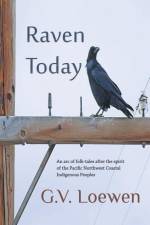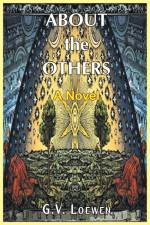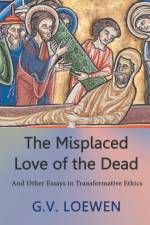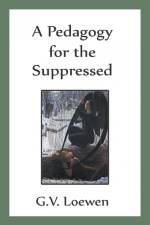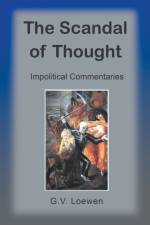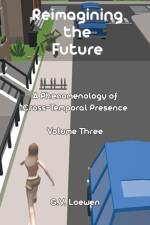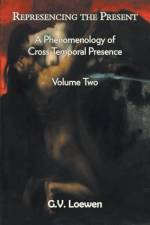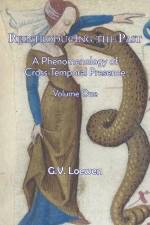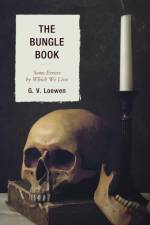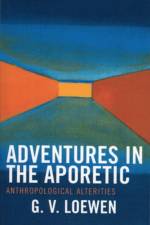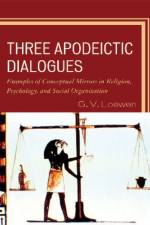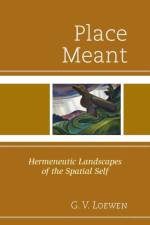av G. V. Loewen
271
"And when we do perceive the wholeness of the present in its very presence - this is not at all to suggest that we regularly do so; all we have to do is consider when the last time was that we felt we had truly understood everything that could be known about this or that aspect of our existence or the world at large - we ourselves are enlarged, for a corresponding moment, in our consciousness. We know what it means to know something. We understand understanding, we apprehend apprehension. And this in turn does not rest within a subjective epistemology of motive or design. This is not a question of 'how we know what we know' because the 'what' in every such case remains unquestioned in itself. No, this is the 'thing in itself' that is understood and made conscious, insofar as it can be. In this case, what we apprehend and thence in turn what takes us in, is the very character of the present as both an experience and a time of one's life, an historical period. The present is that which at once begins and transgresses." (from the book)In volume two of a three-part study of the "phenomenology of temporalities," G.V. Loewen analyzes the very conception of what is the now, of the moment, fashionable, de jour, and within the Zeitgeist all at once, utilizing ideas such as "retinution," the "phantasmatic," and "presentification" amongst others. In doing so, it is an ethics of the present that is revealed, one in which we find that freedom and salvation are opposed to one another; for in freedom, we are oriented in the present toward a future that does not yet exist, rather than toward a timeless realm that has always existed. Not only is this the truer source of the present's conflict of values, but it also reveals the clue our species needs to reorient itself to at once attaining the promise of our collective history and the premise of its historical humanity.Social philosopher G.V. Loewen is the author of fifty books on ethics, education, aesthetics, health, and social theory, and more recently, fiction. He was a professor of the interdisciplinary human sciences for over two decades.


